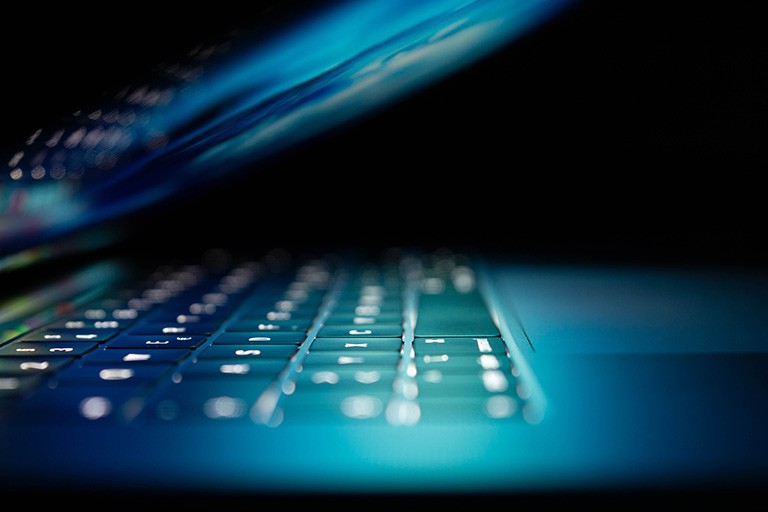The path to better organization: sorting your emails
 Deleting email messages frees up server space, which has the side benefit of saving energy.
Deleting email messages frees up server space, which has the side benefit of saving energy.
Concordia faculty and staff have shown remarkable flexibility by shifting from an office to home work environment in no time flat. And the university continues to offer its courses remotely while providing timely assistance and information to students and members of the community.
However, the ongoing COVID-19 crisis may have increased the workload for a lot of you, which in turn has made it harder to stay organized.
Records Management and Archives (RMA) recommends taking the time to sort out your files and emails — steps that will help you down the line. This second installment in the organization series provides some often-needed guidance to better manage the behemoth better known as your email inbox.
Folder phobia
The key to email management is delete. Deleting messages frees up server space as well as your inbox.
Before starting, first familiarize yourself with the university’s Policy on Email Management, which highlights Concordians’ responsibilities related to email and outlines its handling in accordance with the university’s records management program.
Keep in mind that emails on your Concordia.ca account are not private — they are owned by the university and may be accessed and made public when legal, privacy or governance issues arise.
Remember that retention policies apply to all official emails, just as they would to paper documents. Also, email platforms such as Outlook are not long-term retention areas for emails and attached documents.
To determine how long an official email should be retained, refer to the Concordia Records Classification and Retention Plan on Cspace. It states how long records must be kept and their final dispositions toward meeting legal, fiscal, administrative and historical values.
Ready? Start simple
The first step is to delete all personal emails.
Next, look for these top 10 types of emails to delete immediately when no longer needed:
- Meeting requests
- Meeting accepts and declines
- Automatic replies
- Internal communications
- Social media communications
- Supplier newsletters
- Notices from Instructional and Information Technology Services and Facilities Management
- Discussion-list emails (e.g. Shoptalk)
- Newsletters from professional associations
- Event invitations
Then, find these top five types of documents to move from your inbox to your departmental drive:
- Final reports
- Meeting minutes
- Documents to be shared with colleagues
- Legal opinions
- Grant applications
Following these steps — and then emptying your deleted items box — will be very valuable in ultimately allowing you to keep a handle on your emails.
If you have questions about cleaning your inbox or departmental drive or would like more information, don’t hesitate to email records.management@concordia.ca or visit the Records Management and Archives web page on Cspace.


